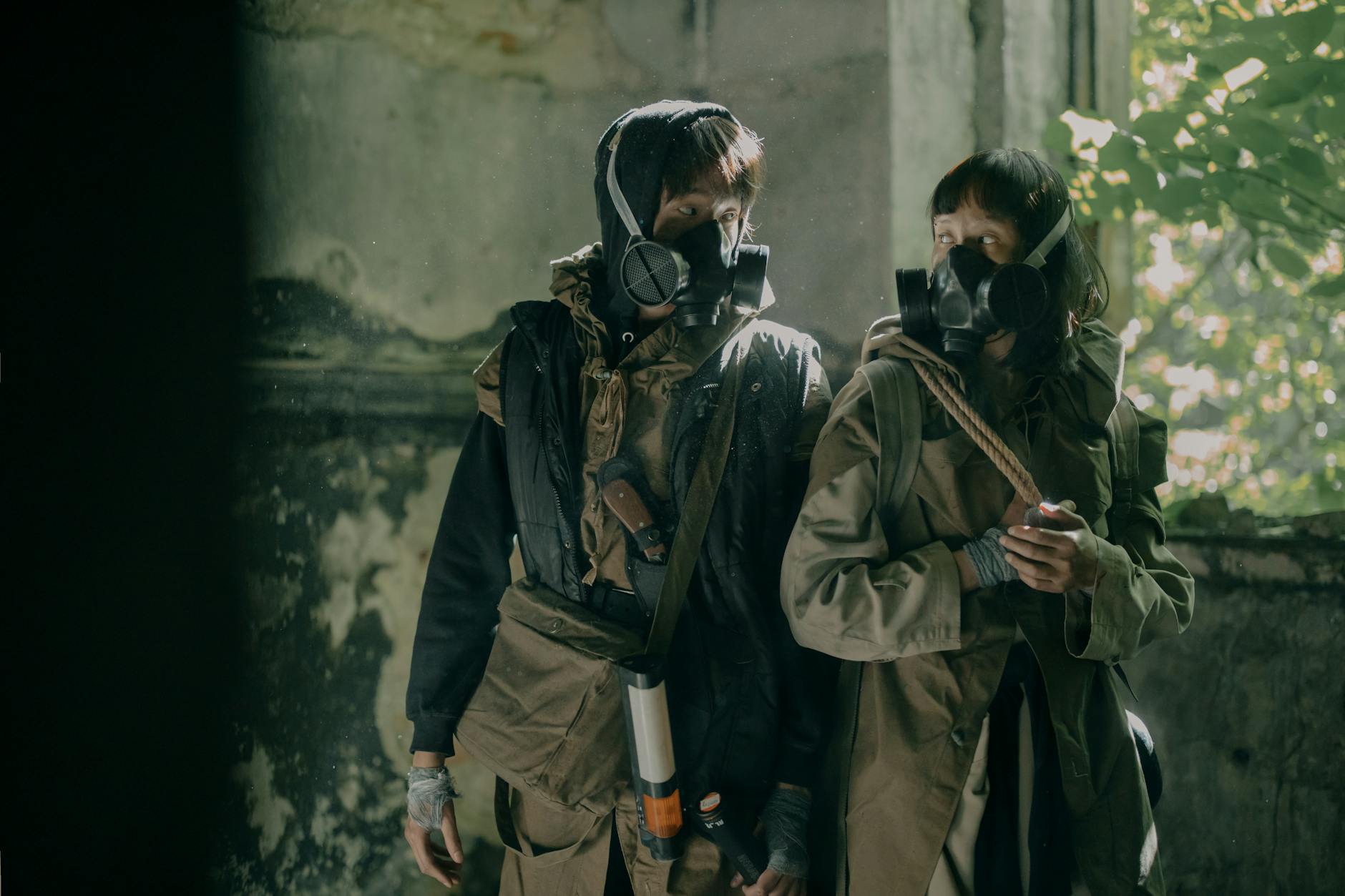Unveiling a Grim Secret: Decomposing Bodies and Questionable Ashes Emerge from Colorado Funeral Home Investigation
State inspectors uncover disturbing findings at a county coroner’s funeral home, raising profound questions about care and trust.
This article delves into the unsettling discovery of approximately 20 decomposing bodies found behind a hidden door at a Colorado funeral home. The investigation, spearheaded by state inspectors, also revealed that the funeral home’s owner, who also serves as a county coroner, may have provided fraudulent cremated remains to grieving families. This complex and deeply troubling situation raises serious concerns about the ethical and legal standards within the funeral industry and the profound impact on the families affected.
A Brief Introduction On The Subject Matter That Is Relevant And Engaging
The discovery of numerous decomposing bodies concealed behind a hidden door at a Colorado funeral home, coupled with allegations of the distribution of fake ashes, represents a shocking breach of trust and a profound dereliction of duty. For families who have entrusted their loved ones to such facilities, this news is not just a news headline, but a potential gut-wrenching re-traumatization, forcing them to question the very essence of the final rites and the dignity afforded to those who have passed. The situation underscores the critical importance of oversight and ethical conduct in an industry that deals with the most vulnerable and sensitive aspects of human life: death and remembrance.
Background and Context To Help The Reader Understand What It Means For Who Is Affected
The incident unfolded at a funeral home owned by a county coroner, an individual holding a position of public trust and responsibility for identifying the deceased and certifying causes of death. State inspectors, conducting routine or perhaps prompted investigations, stumbled upon the hidden compartment containing the poorly preserved remains. The revelation that the coroner may have provided fake ashes to grieving families adds another layer of anguish to an already devastating scenario. This suggests a potential pattern of deception that could extend to multiple families, leaving them without the closure and authentic memorialization they deserved. The affected parties are primarily the families of the deceased whose bodies were improperly stored and those who may have received misidentified or non-existent cremated remains. This situation has far-reaching implications for public trust in funeral services and the vital role coroners play in the community.
In Depth Analysis Of The Broader Implications And Impact
The implications of this discovery extend far beyond the immediate community affected. At its core, this case strikes at the heart of public trust in institutions responsible for handling the deceased. Funeral homes and coroners are entrusted with the sensitive task of caring for bodies, preparing them for final disposition, and providing comfort and closure to grieving families. When these fundamental duties are allegedly compromised, it erodes confidence in the entire system. The potential for fraudulent ashes, in particular, is a grave ethical and emotional violation. It denies families the tangible representation of their loved ones and the finality of their passing, potentially leaving them with a profound sense of emptiness and unresolved grief. Furthermore, this incident could trigger increased scrutiny and regulation of funeral homes and coroner’s offices across the nation, prompting a re-evaluation of existing oversight mechanisms and licensing requirements. It highlights the need for robust investigative powers and stringent accountability for professionals in this sensitive field. The financial and legal ramifications for the involved funeral home and coroner are also significant, potentially including hefty fines, license revocation, and civil lawsuits from affected families.
Key Takeaways
- Approximately 20 decomposing bodies were discovered behind a hidden door at a Colorado funeral home.
- The funeral home is owned by a county coroner.
- Authorities disclosed that the coroner may have provided fake ashes to families seeking cremations.
- The discovery raises serious concerns about the ethical standards and operational practices within the funeral industry.
- Families who entrusted their loved ones to this establishment may have been deceived regarding the care and final disposition of the deceased.
- The incident has significant implications for public trust in funeral services and the role of coroners.
What To Expect As A Result And Why It Matters
Moving forward, a thorough and transparent investigation will be paramount. This will likely involve law enforcement agencies, state regulatory bodies, and potentially forensic experts to identify all the deceased, determine the cause of their condition, and ascertain the extent of any fraudulent activities. Families who believe they may have been affected will undoubtedly seek answers and accountability. We can expect legal proceedings, including criminal charges against those responsible and civil lawsuits from affected families seeking compensation for their emotional distress and the mish travesty of their loved ones’ remains. The incident will likely lead to a comprehensive review of state and possibly federal regulations governing funeral homes and coroner services, potentially resulting in stricter licensing, more frequent unannounced inspections, and enhanced penalties for violations. The importance of this situation lies in its potential to prevent similar tragedies from occurring elsewhere and to restore faith in an industry that serves a critical, albeit somber, role in society. It matters because it directly impacts the dignity of the deceased and the emotional well-being of the living.
Advice and Alerts
For individuals who have recently utilized the services of the implicated funeral home or who have concerns about the disposition of a loved one’s remains, it is advisable to contact the relevant authorities. Families seeking information or wishing to report concerns should reach out to the Colorado Department of Regulatory Agencies (DORA) or local law enforcement agencies. It is also prudent for consumers to research the reputation and licensing of any funeral home or coroner’s office before entrusting them with their loved ones. Look for established accreditation and check for any disciplinary actions or complaints filed with regulatory bodies. Transparency, clear communication, and adherence to ethical practices should be non-negotiable when choosing services for final arrangements.
Annotations Featuring Links To Various Official References Regarding The Information Provided
For further information and official updates regarding this ongoing investigation, please refer to the following resources:
- Colorado Department of Regulatory Agencies (DORA): DORA oversees various professional licensing boards, including those related to funeral directors and embalmers. Their website often provides information on disciplinary actions and regulatory compliance. [https://www.colorado.gov/dora]
- Local Law Enforcement Agency (e.g., Sheriff’s Office or District Attorney’s Office): Depending on the jurisdiction, the primary investigating agency will release official statements and updates. Specific contact information will vary by county.
- National Funeral Directors Association (NFDA): While not a regulatory body, the NFDA provides resources and information on best practices and ethical conduct within the funeral service profession. [https://www.nfda.org/]
- Centers for Disease Control and Prevention (CDC) – National Funeral Directors Association (NFDA): The CDC provides guidelines related to public health and the handling of human remains. [https://www.cdc.gov/phlp/docs/funeral-directors.html]


























